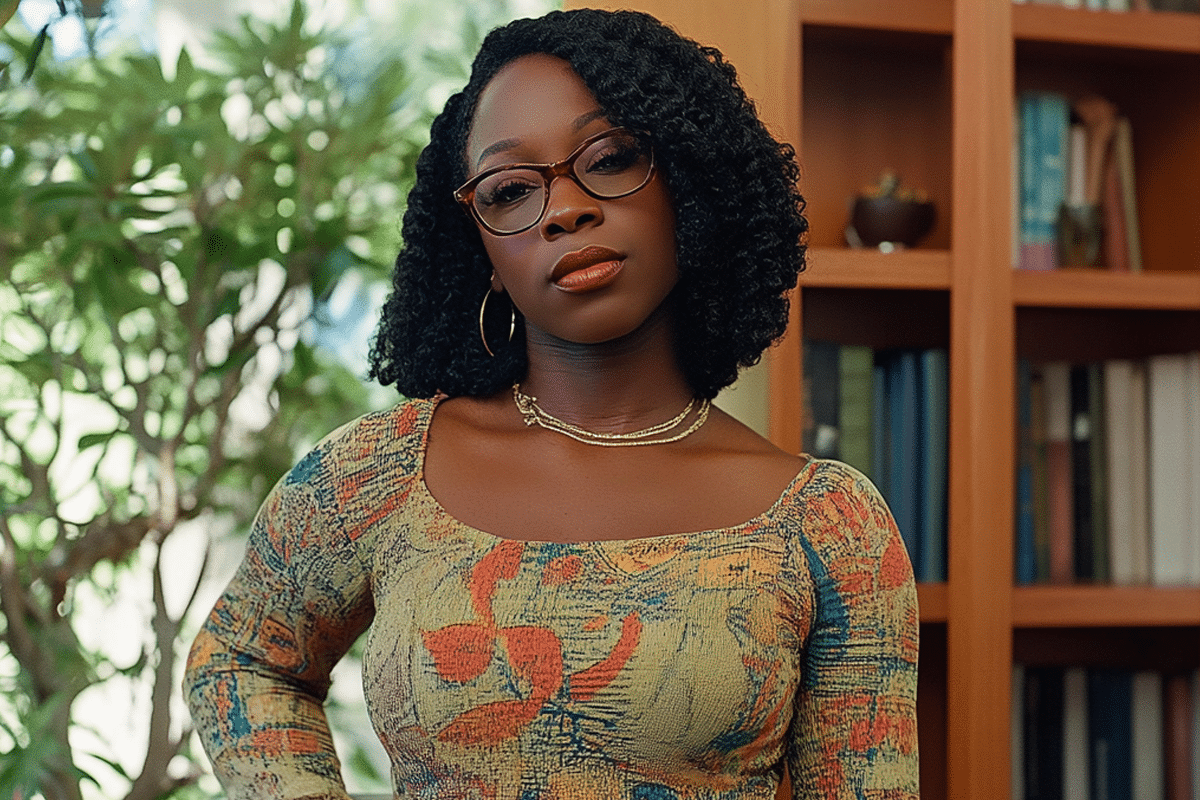Justice Ketanji Brown Jackson, the first Black woman to serve on the U.S. Supreme Court, shares her groundbreaking journey in her new memoir, *Lovely One*. In the book, Jackson reflects on her personal and professional experiences that have shaped her path to becoming a Supreme Court justice. She offers insights into her historic nomination, her family life, and her views on the legal system.
A Moment of History
Justice Jackson vividly recalls when President Joe Biden nominated her to the Supreme Court. At the time, she was serving as an appeals court judge. She describes feeling her “blood a roaring ocean in my ears” upon receiving the call. “From my perspective, my arrival at the pinnacle of the legal profession was groundbreaking,” she writes. This milestone marked her as the first Black woman to serve as a Supreme Court justice. This role symbolizes “the realization of our country’s highest ideals in a land that promises opportunity and equality to all.”
Balancing Career and Family
While Jackson’s memoir touches on significant legal themes, it primarily focuses on her life as a mother and professional juggling the demands of both worlds. Jackson shares personal stories, such as her daughter’s diagnosis of autism at age 11 and the challenges of balancing a high-profile career with family responsibilities. “There is no use in pretending that we weren’t completely devastated by the long-overdue confirmation of what I had suspected all along,” Jackson writes, detailing the mixed emotions her family experienced. Despite the challenges, she found strength and relief in finally understanding her daughter’s needs. Her husband, Dr. Patrick Jackson, a renowned surgeon, and their shared commitment to family provide a foundation for her demanding career.
The Importance of Representation
Justice Jackson’s memoir highlights her professional achievements and underscores the importance of representation in the legal system. She reflects on the historical significance of her role and the barriers she overcame as a Black woman in a predominantly white, male-dominated field. Reflecting on her heritage and the progress since the Civil Rights era, Jackson writes, “I highly doubt that any of [the framers] could have envisioned me, the descendant of enslaved Africans, the offspring of parents raised in the Jim Crow era, and a post-civil rights daughter, donning a borrowed robe to take her oath of judicial office.”
Looking Forward
As Justice Jackson continues her tenure on the Supreme Court, her memoir offers a glimpse into her narrative and the broader societal issues she faces. The book arrives when the Supreme Court and its justices are scrutinized for various ethical and political matters. Jackson’s thoughtful reflections on her life and career provide valuable insights into the human side of the judiciary. “Whose history is being considered in those analyses?” Jackson questions, urging a broader perspective on interpreting the Constitution and the law.
A Personal Tribute
The title of Jackson’s memoir, Lovely One, reflects her unique name, Ketanji Onyika, chosen by her parents, which means “Lovely One” in an African dialect. It is a personal tribute to the aunt who suggested it. Jackson writes, “As I grew older, the sound of my name would often remind me of my aunt… I would think of it as a tribute to the woman who had gifted it to me.”
In Lovely One, Justice Ketanji Brown Jackson shares her journey and invites readers to reflect on the evolving landscape of justice and equality in America. As she continues to serve on the Supreme Court, her story stands as a testament to the power of perseverance, representation, and the pursuit of justice.





